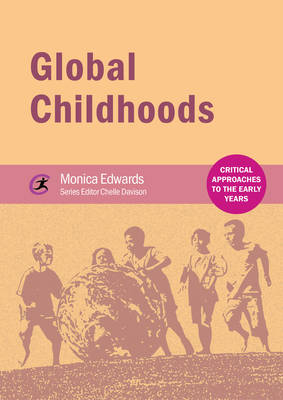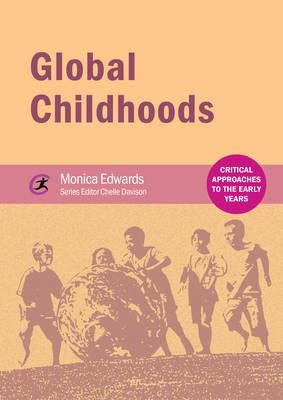
- Retrait gratuit dans votre magasin Club
- 7.000.000 titres dans notre catalogue
- Payer en toute sécurité
- Toujours un magasin près de chez vous
- Retrait gratuit dans votre magasin Club
- 7.000.0000 titres dans notre catalogue
- Payer en toute sécurité
- Toujours un magasin près de chez vous
Description
This up to date text is suitable for students on all early years courses that include a module on global childhoods. Taking an ecological approach, it examines how culture and society shape childhoods through considering the lived experiences of children internationally. It begins by questioning the meaning of childhood and explores the historical, cultural and social views of childhood and children, including the roles of race, class and gender. It considers families and parenting from a global perspective and progresses to examine the relationship between the state and children by evaluating international approaches to education, health and welfare and the ways inequalities between the minority and majority world impact on children. The role of research on and with children in informing these debates is fully explored. Most importantly the reader is challenged to reflect on how global perspectives can be used to support an understanding of inclusion and diversity in their practice.
Spécifications
Parties prenantes
- Auteur(s) :
- Editeur:
Contenu
- Nombre de pages :
- 144
- Langue:
- Anglais
- Collection :
Caractéristiques
- EAN:
- 9781909682696
- Date de parution :
- 15-04-15
- Format:
- Livre broché
- Format numérique:
- Trade paperback (VS)
- Dimensions :
- 173 mm x 244 mm
- Poids :
- 276 g

Les avis
Nous publions uniquement les avis qui respectent les conditions requises. Consultez nos conditions pour les avis.






